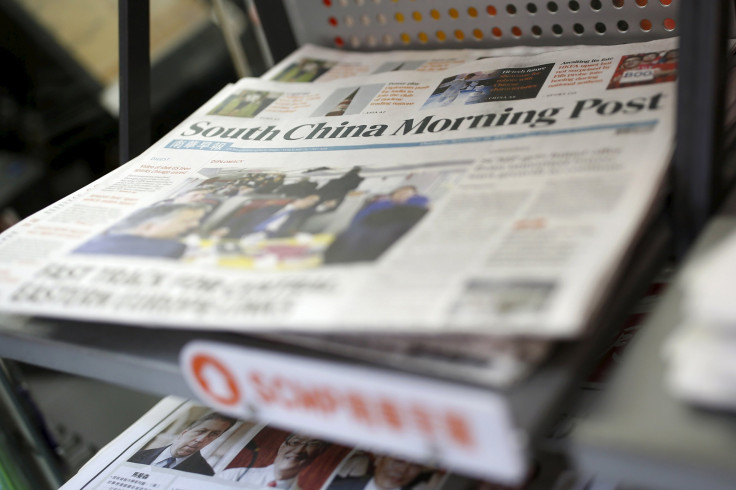Alibaba-South China Morning Post Acquisition Could Have Big Political Implications

The potential acquisition of the Hong Kong-based South China Morning Post by Chinese e-commerce company Alibaba could have noticeable political implications if the company gains a controlling majority of the news outlet, according to the Wall Street Journal. An English-language legacy newspaper, the South China Morning Post has long been known to report on stories and scandals that would be forbidden in mainland China. But an Alibaba acquisition could change that dynamic.
Because Hong Kong has a special political status within the larger country of China, the Post has been able to cover events like pro-democracy protests that would be censored in news organizations throughout the rest of the country. But Alibaba’s headquarters are located in mainland China, meaning the government could potentially flex its muscles at home and see results in Hong Kong.
This would not be the first media purchase that the company has made in recent years, but its readership is starkly different from the other outlets the company has acquired. The Post is read by educated and elite English-speakers of the city, and it is expected that any purchase would be closely watched throughout the globe by those who are interested in what is happening in China.
Whether or not Alibaba -- or the company’s founder, Jack Ma -- will actually purchase the newspaper remains unclear. There has been a lot of speculation about the acquisition, but the deal only has been talked about in private with reporters. The percent of the company being negotiated for is also unclear.
Alibaba is valued at over $200 billion and is the Chinese version of Amazon, which has its headquarters in the United States. Amazon owner Jeff Bezos notably purchased the Washington Post, another large newspaper that had been struggling to fund operations.
© Copyright IBTimes 2024. All rights reserved.






















